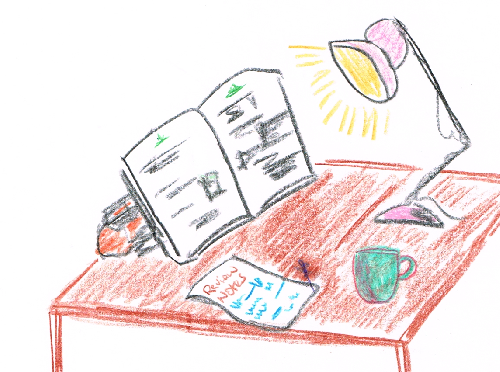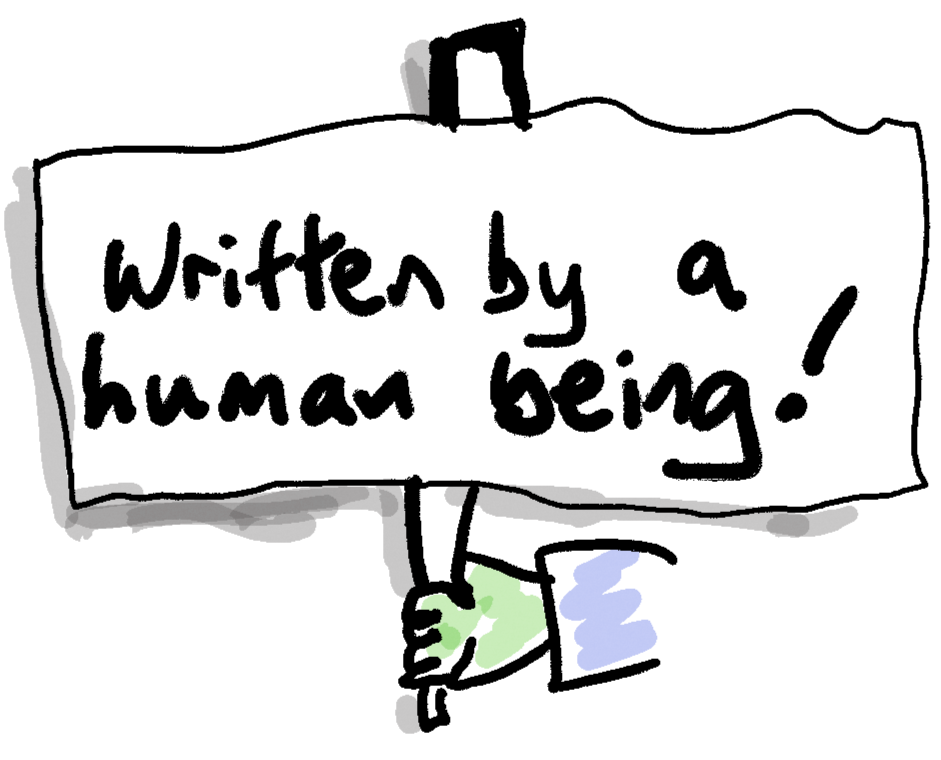My review of this for Teach Secondary magazine has just come out. Here is the published version, followed by the copy I submitted, which is slightly longer because it has a little more detail.
Published version
A popular mantra in education is ‘Fail again, fail better’ – but what’s the science behind this, and how can teachers utilise it effectively? Some teachers swear by direct instruction, while others prefer discovery learning.
Kapur presents a third option: starting with a problem, and then using students’ (incorrect) thinking to unravel their misconceptions. It’s an approach that’s not entirely new, but here we’re given explanations as to why it works.
Kapur wisely points out that teachers must establish a safe atmosphere in which students are encouraged to try things out – which can be quite a challenge in some contexts.
Another issue is the time required to fully apply this approach, but there is certainly some useful – and surprising – advice on best practice for mastering topics.
Highly recommended.
My original version
A popular mantra in education is “Fail again, fail better”. But what is the science behind this, and how can teachers utilise it effectively?
Some teachers swear by direct instruction, while others prefer discovery learning. Kapur presents a third option: starting with a problem and then using the students’ (incorrect) thinking to unravel their misconceptions. As it happens, this approach is not entirely new, but here we have explanations as to why it works.
Kapur wisely makes the point that the teacher must establish a safe atmosphere to encourage students to try things out. Clearly, this will be quite a challenge in some situations.
Another challenge is having the time to apply this approach to the maximum advantage.
There is some useful – and surprising – advice about best practice for mastering a topic. Each chapter ends with a handy list of key points, and a comprehensive index.
This is highly recommended.





